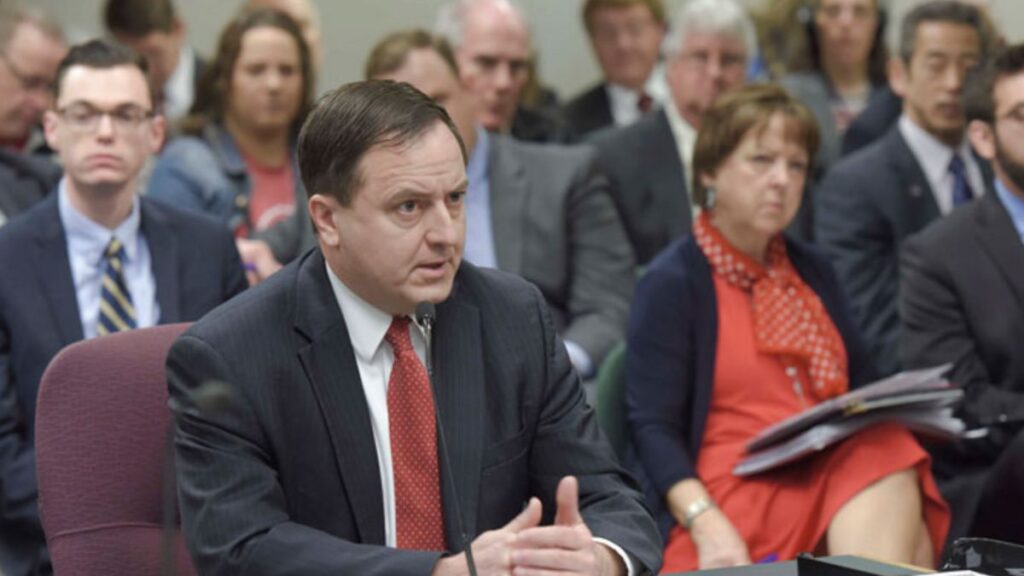Whether Missouri legalizes abortion and sports gambling, allows casinos at the Lake of the Ozarks, or raises the minimum wage, state and local officials are deciding whether Missouri will legalize abortion and sports gambling, allow casinos at the Lake of the Ozarks, or raise the minimum wage. It depends on whether you judge it to be a thing or not.
The Secretary of State's Office has three more weeks to process the petition and send it to county clerks for signature verification. Those clerks must return their reports to Secretary of State Jay Ashcroft's office no later than July 30 in preparation for the November vote.
It is a time-consuming process that requires specialized knowledge. And time is running out, with local election offices already facing the deadline to prepare for the Aug. 6 primary.
What does an initiative petition need to be eligible for a vote?
Most proposals are constitutional amendments and would require about 171,000 valid signatures statewide to qualify. The minimum wage and paid sick leave issues would change state law and would require just over 107,000 signatures to be placed on the ballot.
Here's what the groups submitted to the Secretary of State's office last week:
But it's not just the raw number of signatures that matters. Each question on the ballot requires enough people to sign petitions from at least six of his eight congressional districts in Missouri.
Each campaign has not announced the number of signatures in each constituency.
In both 2022 and 2020, efforts to legalize recreational marijuana and expand Medicaid fell short in the largely rural and conservative 4th and 8th Congressional Districts.
But advocacy groups for abortion access and sports betting say they have collected signatures from across the state and in every congressional district.
How signature verification works
Now that the petition is in the hands of the Secretary of State's office, its staff will begin removing the staples and scanning the documents into the state's digitization system, a new tool available to state local election officials. .
State officials have four weeks to ship all these signatures to their respective local governments for actual verification at the county level.
So far, county officials say they have not received a large number of directive emails from Ashcroft's office. But they are feeling the pinch of time.
“Especially if we don't start receiving petitions until mid-May,” said Tammy Brown, Republican director of the Jackson County Board of Elections. “We have to build an election and we are also trying to get the petition rejected.”
A digital tool designed by Ashcroft's office scans petitions and allows county officials to compare petition signatures to voter registration signatures on file in the office. This should streamline the process by comparing the signatures on a computer screen to the physical petition itself, rather than displaying them side by side on a computer screen.
Each signature is independently verified by county staff. But this year, the sheer number of signatures that will need to be verified or rejected will require us to act quickly.
Brown said his office can spend no more than five to seven minutes finding voters who can't read what's on their petitions. Although the name may not be legible, officials can read the street number of the address written down by the voter.
“If we don't find it on file, we move on,” Brown said. “If we have this many petitions and we spend 10 to 15 minutes with every voter, it will never get done.”
Secretary of State spokesman Jordon Cheney said election officials need to process all signatures by July 30.
The state will then have two more weeks to verify reports from counties and for voters to sort out which petitions will appear on the November ballot.
After that deadline, any citizen can file a lawsuit in Cole County Circuit Court challenging the commissioner's decision as to whether the initiative is eligible for the statewide ballot.
Typically, campaigns use this method when a valid signature is disqualified by the county. Courts are required to expedite these cases and issue decisions as soon as possible, but decisions can be appealed to the Missouri Supreme Court for up to 10 days.


